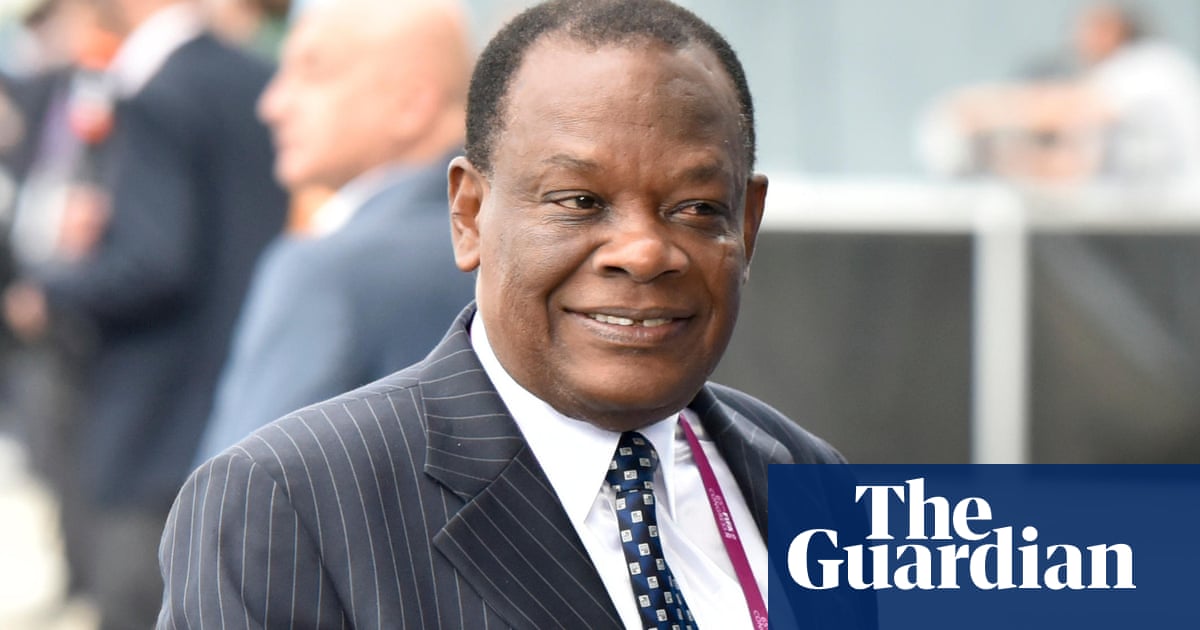
BAGHDAD: A new era dawns for war-torn Iraq after FIFA decided on Saturday to lift the ban on Iraq hosting competitive international matches.
The lifting of the ban could be a turning point for Iraq and, more meaningfully, the nation’s football fans will see it as a welcoming back to the world community and a home return for its beloved team after years of being the perennial away team on the road. For many Iraqi football fans, it marks the end of a long and dark period for the “Lions of Mesopotamia.”
Since 1980, Iraq has seen an international ban applied on six occasions by the world football governing body, barring the passionate Iraqi football fans from watching their national side play World Cup and Asian Cup qualifiers on home soil.
For a large proportion of Iraqi football fans, they have known nothing else but FIFA’s continuous on-and-off enactment of the ban.
Iraq have played more competitive internationals outside its borders than within, but with the political climate easing in the region and security returning to many of Iraq’s provinces, the hope is that the idea of any future FIFA ban will be banished once and for all.
Oddly, it was not the onset of the eight-year Iraq-Iran War which prompted FIFA’s initial ban but the explosive incidents that had erupted six months prior at the final whistle of an Olympic qualifying playoff between Iraq and Kuwait in Baghdad, where the match referee was attacked by enraged home fans and members of the Iraqi team after the Malaysian official’s decision to award a match changing penalty to the Kuwaitis that led to Iraq losing 3-2.
Those series of events were the beginning of a miserable period when Iraqi football fans would be deprived from watching home internationals, ushered in by the costly eight-year long war with Iran and no respite in the subsequent years with the 1991 Gulf War, the 13 years of UN sanctions which crippled the country followed by the 2003 US-led invasions, the effects of which the nation of Iraq and its people continue to feel to this day.
Iraq have played 15 competitive matches at home since the start of the first ban in 1980 — only two after 2003 — and with the margins of success and failure being so tight at the top level, home advantage could prove to be the difference between Iraq making a major challenge for a World Cup qualifying spot or falling by the wayside as the Lions have done in the past few campaigns.
Recently the Iraq FA and sports authorities have been working on a campaign to overturn the ban with stability in the region improving and neighboring countries aiding their cause, including the AFC President Sheikh Salman bin Khalifa who told the press an hour before Iraq’s recent centerpiece friendly with Saudi Arabia in Basra that it was time for the FIFA ban to be lifted.
The nation of Iraq itself is on the upward trajectory. Four months ago the prime minister Haidar Al-Abadi declared victory over Daesh after over two years of fighting and recently there has been a shift in the political approach to the country, with neighboring Arab countries opening their arms to the country. And football relationships have strengthened — Saudi Arabia played in Iraq for the first time since 1979 and Qatar will play in Karbala this month for the first time in 29 years, as part of a three-nation tournament.
After the success of the friendly between Iraq and Saudi Arabia in Basra last month with a capacity crowd of 65,000 fans in the stadium and another 10,000 watching the match on big screens at the Basra Sport City’s second stadium, Saudi Arabia’s King Salman has promised to build the biggest stadium in Iraq reportedly with a capacity of 100,000 as a gift to the people of Iraq after a phone call with the Iraqi prime minister.
That, and FIFA’s decision, has got Iraq’s passionate supporters excited at the prospect of an end to a long and turbulent era for the country and there is a sense that change is in the air for the fortunes of the nation’s football team.












